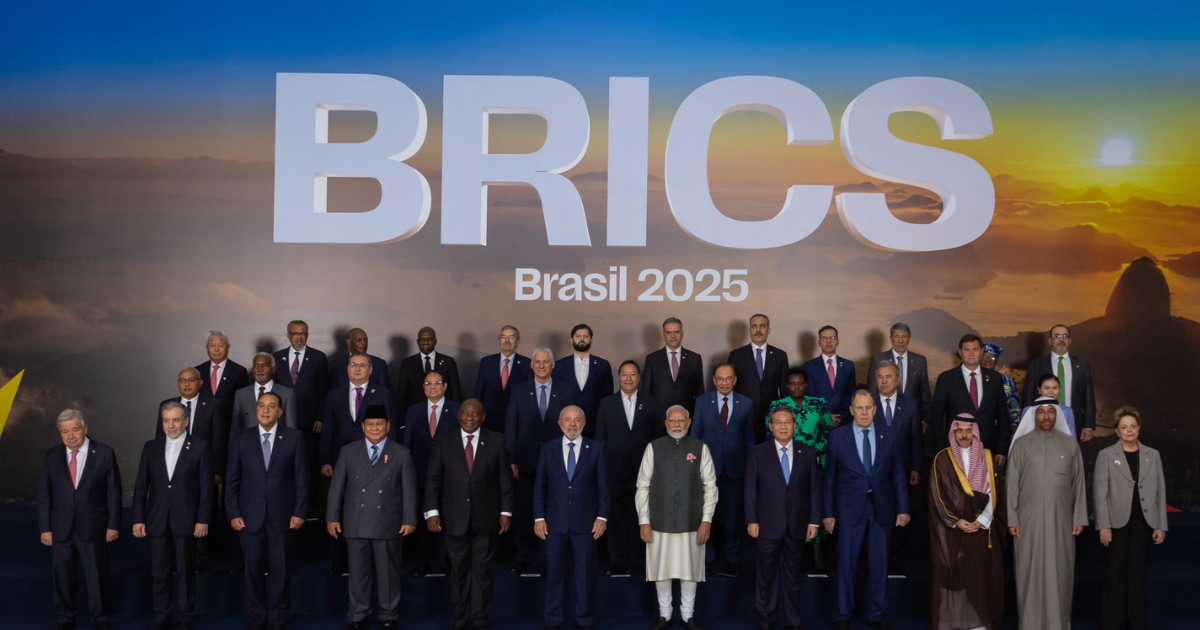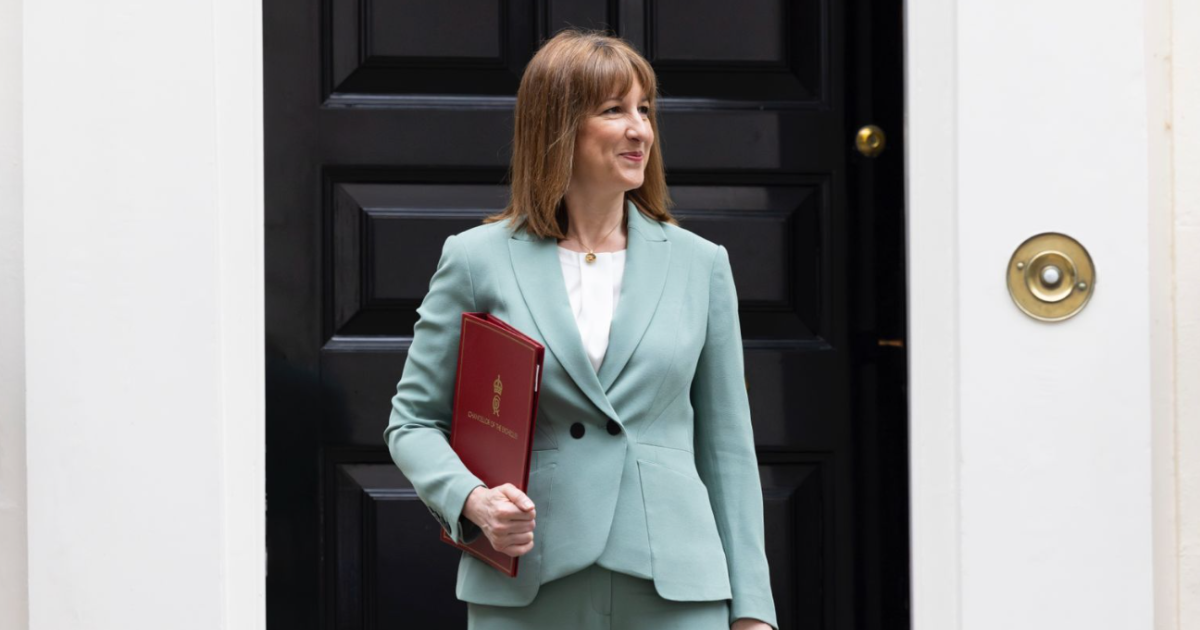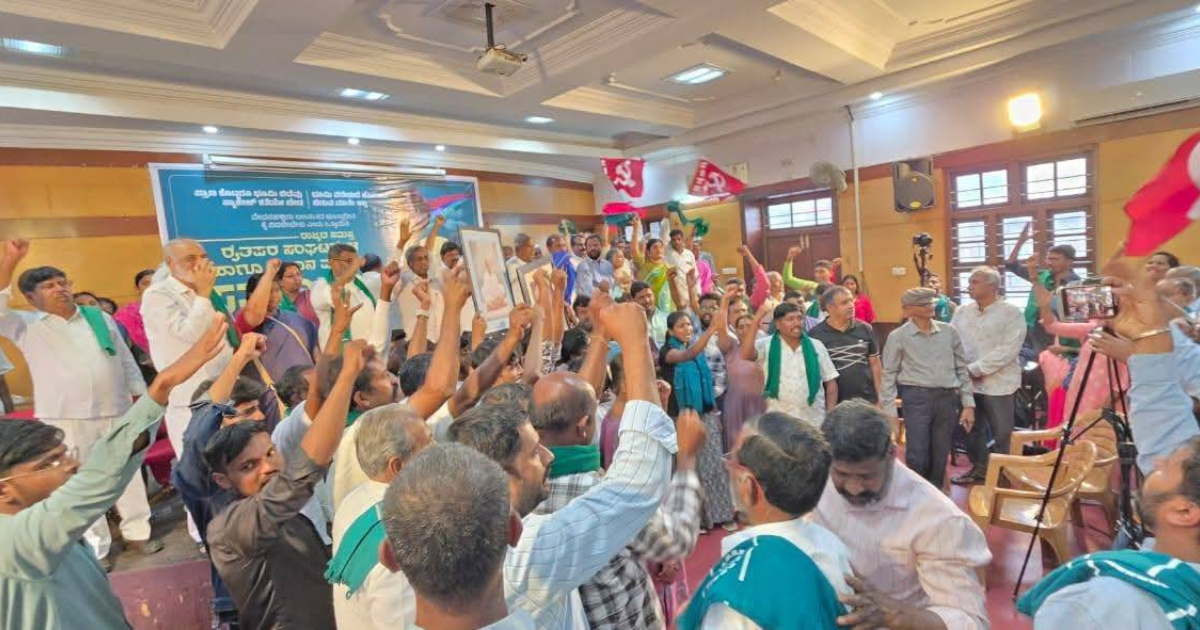The BRICS Summit 2025 in Rio de Janeiro has drawn attention since the developing countries have managed to reach an agreement on the United Declaration on global trade clarifications. The document closes the group on its commitment towards reinforcing multilateralism, upholding international law, and pushing towards international order as a substantial diplomatic accomplishment of the expanded BRICS group.
#Rio_de_Janeiro | The group photo of the BRICS Summit 2025 in Brazil, featuring member states, partner countries, and invited countries.#BRICS2025 pic.twitter.com/wiz0e1pBz6
— Foreign Ministry 🇸🇦 (@KSAmofaEN) July 7, 2025
The BRICS summit united the representatives of 11 developing countries, 5 of which are Brazil, Russia, India, China, and South Africa have been the original members of this group, and 6 more, Egypt, Ethiopia, Indonesia, Iran, Saudi Arabia, and the United Arab Emirates, are newcomers. The gathering now has diplomatic weight to it, which is an added effect of this expansion, at the same time, more complicated when it comes to agreeing on contentious matters.
BRICS Declaration Targets US Trade Policies Without Naming Trump
Another serious aspect that was leveled by the BRICS summit 2025 declaration is trading behaviors that the group considers unhealthy. On Sunday, the BRICS group of emerging economies condemned the tariff increase and Iranian attacks, yet it did not refer to the U.S. president, Donald Trump. The declaration in particular warns against irrational unilateral protectionism, including an immediate increase in mutual tariffs.
The BRICS member countries, comprising approximately half the global population and making up 40% of global economic production, expressed grave apprehensions over increasing unilateral tariffs that have been reshaping the mode of trade and the principles of the World Trade Organization. According to the Rio Declaration, these measures pose a threat to shrinking global trade and the chances of achieving worldwide economic development.
President Donald Trump has issued threatening letters to trading partners, warning against the imposition of penalties in the form of duties. The BRICS statements, which do not refer either to the US in general or to Trump by name, are a definite political counter-statement of the blocs of the developing countries to Washington’s trade policies.
Key Diplomatic Challenges and Achievements at the BRICS Summit
The way to the BRICS summit agreement was not easy. Parties failed to identify common grounds on several thorny matters such as the bombardment of Gaza, the Israel-Iran war, and African representation in proposed reforms in the Security Council at the United Nations. Nevertheless, these odds always became part of a process that helped the group to overcome their differences because they were able to agree through diplomatic compromise.
On the reformation of the UN Security Council, the BRICS countries came into an agreement to support the inclusion of Brazil and India in the council and keep the question of which state should reflect the interests of Africa open. This was the way out that enabled the group to proceed ahead, though African nations differed on who they should use to represent them on the continent.
The BRICS summit also witnessed the organization becoming more strident in its critique of Middle East antagonisms, with wording that was more forceful in its opposition than those in the past, where the group only stated that it was deeply concerned. Nevertheless, the political effect of the summit was somewhat marred by the absence of such leaders as the Chinese Xi Jinping, for the first time in 12 years, and the Russian President Vladimir Putin.




